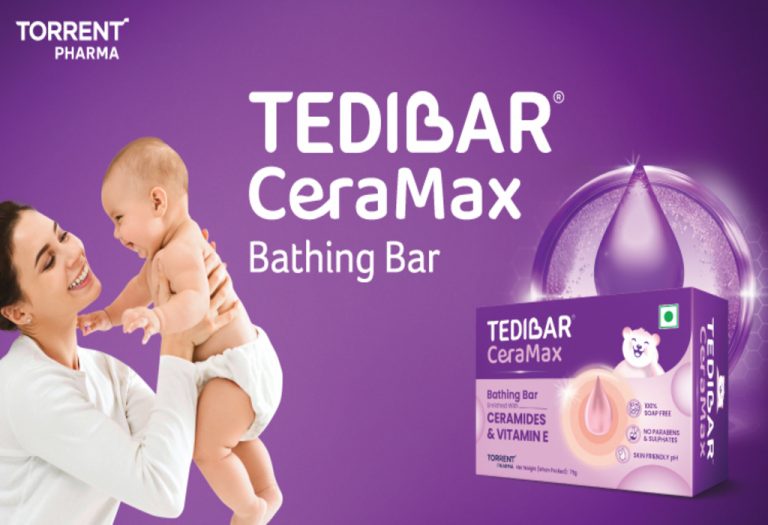Ringworm in Babies: Causes, Symptoms & Treatment

Babies can face numerous challenges during their development cycle; they will have to overcome numerous fevers, allergies, and infections. Some of these infections can be extremely contagious, one of which is ringworm. Ringworm in infants is a fungal infection that can affect the skin, causing red, itchy, circular rashes. Newborn ringworm can be particularly concerning, as it may spread quickly if not treated. Treating these illnesses is one of the most important aspects of helping your child grow in a healthy and happy manner. Here’s how you can identify them, treat them, and prevent them to ensure your baby stays comfortable and protected.
What Is Ringworm?
Ringworm is a type of fungal infection that can be extremely contagious. Surprisingly, it has nothing to do with worms. The infection is called ringworm because of the shape of the rash that manifests when your baby has this fungal infection. It is common to find a ringworm infection in babies. This condition can be extremely irritating and itchy. It is also known as tinea corporis and is most evident in children. This condition can manifest on any part of your child’s body from the scalp to the toes.
How Common is Ringworm in Young Children?
Ringworm is a very common infection that manifests in school children; this disease is extremely rare in toddlers or infants. The most common age range for children affected by ringworm is 2 to 10 years.
What Causes Ringworm in Babies?
How do babies get ringworm? Ringworm in children and babies can be caused by a variety of factors that include:
1. Pets
If your child has any kind of interaction with pets such as cats and dogs that have the infection, it can spread to your child.
2. Surfaces
If your baby has contact with the infection lingering on a surface, he is considered at risk for ringworm.
3. People
Ringworm is contagious. Your baby or child can get ringworm if he comes in contact with others that have the disease as well.
4. Contaminated Clothing
Wearing clothes or using towels previously exposed to someone with ringworm can increase the risk of the infection spreading.
5. Warm, Damp Environments
Ringworm thrives in warm, damp environments. If your baby spends time in such conditions, such as in sweaty clothes or wet diapers, it can increase the likelihood of developing the infection.
Note: Ringworm spreads through touch, if your child has ringworm, please keep them quarantined during their treatment period so other children do not get sick as well.
Symptoms of Ringworm in Babies
One of the most important parts of fighting against any infection is understanding and identifying the infection. To do this, we must first learn about the symptoms of that infection. To understand ringworm, it is crucial that we know what the symptoms are and how they manifest.
- Ringworm begins manifesting as either a single rash or many rashes that are red and scaly.
- Hair loss is a common symptom of ringworm; this condition can often be mistaken for cradle cap or dandruff due to the manner of hair breakage.
- Red patches on the face can mimic the symptoms of eczema, but could be a symptom of ringworm.
- The patches can be extremely itchy, especially in children suffering from ringworm.
- The growth of the patches in a ring-like shape, and rapid increase in the number of such patches is a typical characteristic of ringworm.
- These patches on the skin can grow between a half-inch to an inch in a circular shape with slightly raised borders and a clear area in the centre. This type of patch indicates ringworm.
Diagnosis of Ringworm
Ringworm is known to manifest through an extremely distinct rash on the skin; this allows doctors to make the diagnosis through a physical examination and by taking a medical history. If there are still doubts about the diagnosis, the doctor can take scrapings of skin from the affected area and do bedside test called potassium hydroxide preparation followed by microscopic examination.
Complications
If left untreated, ringworm can lead to the following complications
- An additional infection could leave your young one weak; they may need to go on an extended course of antibiotics.
- Ringworm can also cause some minor scarring, ringworm on the scalp can cause hair loss along with the scarring.
Treatment of Ringworm in Infants
A consultation with a dermatologist is important to confirm diagnosis and management. Over-the-counter antifungal creams should not be used for ringworm treatment for infants. If used it can cause inadequate treatment and recurrences.
Remember that ringworm medicine for babies is prescribed on a case-specific basis. Do not share the medication with others or use them on other children even if they have the same condition. Before applying any of these treatments, talk to your doctor about the procedures for applying the medication and what has to be kept in mind and what to look out for.
Home Remedies for Ringworm in Babies
Using home remedies for ringworm can be considered an alternative to prescription medication. It is highly recommended, however, that you consult your doctors about home remedies and natural medication for ringworm in babies natural treatment methods. Here are some home remedies that may help combat ringworm:
1. Tea Tree Essential Oil
Tea tree is known to have numerous dermatological benefits, it has properties that are assumed to combat ringworm. Be careful how you use this or how much, talk to a dermatologist before applying tea tree essential oil.
2. Apple Cider Vinegar
Apple cider vinegar is loaded with essential probiotics and acids that are hugely beneficial to the human body, applying this as a salve by dousing it on cotton and gently cleaning the patches with it is assumed to combat ringworm and other fungal infections.
These were some of the natural ringworm treatments for infants.
How to Prevent Infants From Getting Ringworm?
There are some steps that you can take to ensure that your baby does not get a ringworm infection.
- If you have pets in the house, make sure that they get their shots regularly and that you brush their fur from time to time.
- Keep your infant’s nails trimmed as the infection can spread because of long, overgrown nails.
- Change your child’s brush and comb every two months.
- Change and wash your child’s bed sheets and pillowcases regularly. While washing, let the cloth soak in hot water for a few minutes.
- Be sure to wash your child’s clothes at home and do not give it to the dhobi. Ringworms are notorious for being spread through contact with infected clothes.
FAQs
1. Can ringworm cause hair loss in babies?
In some cases, ringworm can affect the scalp, leading to hair loss in small patches where the fungus has spread. This condition is called tinea capitis and may require medical treatment.
2. Can ringworm cause diaper rash in newborns?
While diaper rash and ringworm are different conditions, ringworm can sometimes be mistaken for a severe form of diaper rash if it occurs in the diaper area. A proper diagnosis from a doctor is crucial for correct treatment.
3. Can a baby get ringworm from contaminated breast milk or breastfeeding?
Though ringworm itself is not transmitted through breast milk, if the mother has an active infection on her skin, it can potentially be passed to the baby through direct contact during breastfeeding.
Though the ringworm infection is highly contagious, you can exercise certain precautions to ensure that your child remains comfortable. Making sure that the infection does not spread to other members of the family or to other children is important. Talk to your child’s doctor about any concerns you may have regarding the infection.
References/Resources:
1. Cedars Sinai – Ringworm in Children
2. University of Rochester Medical Center – Ringworm in Children
3. Seattle Children’s Hospital – Ringworm
4. Healthy Children – Ringworm
5. Nemours Kids Health – Ringworm
6. Johns Hopkins Medicine – Tinea Infections (Ringworm)
7. The Royal Children’s Hospital Melbourne – Ringworm
Also Read:
Pinworms in Babies
Teething Rash in Infants
Causes of Hives in Babies
Was This Article Helpful?
Parenting is a huge responsibility, for you as a caregiver, but also for us as a parenting content platform. We understand that and take our responsibility of creating credible content seriously. FirstCry Parenting articles are written and published only after extensive research using factually sound references to deliver quality content that is accurate, validated by experts, and completely reliable. To understand how we go about creating content that is credible, read our editorial policy here.






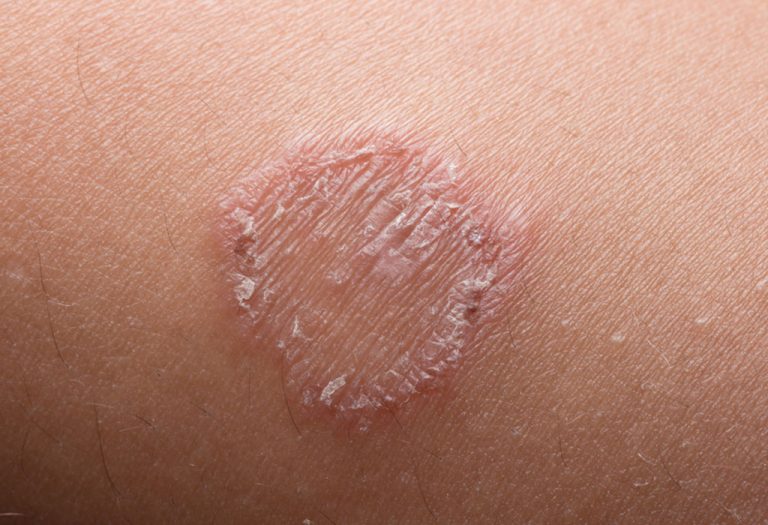
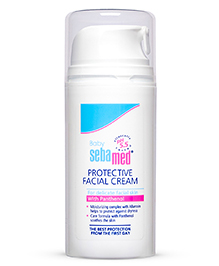
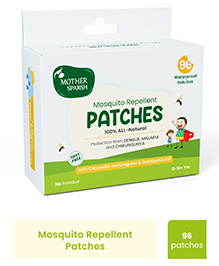
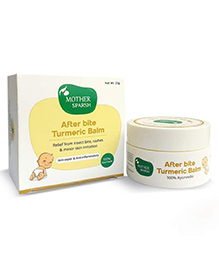
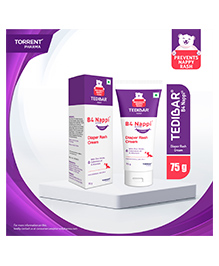
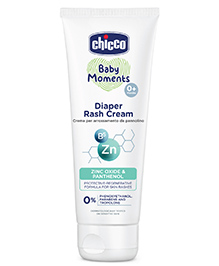
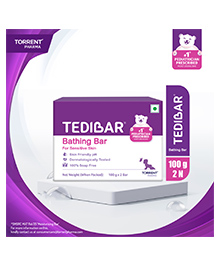
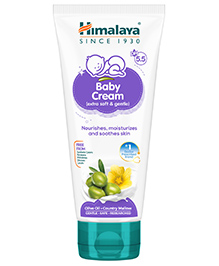

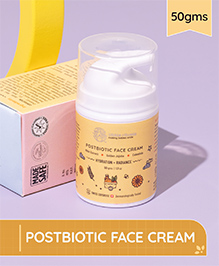
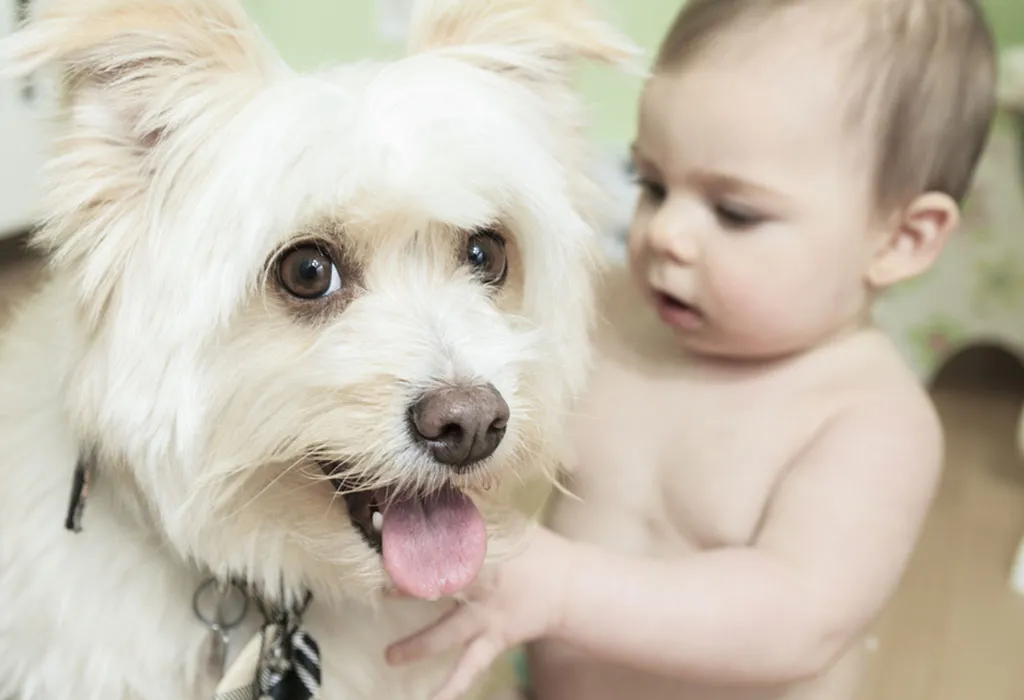
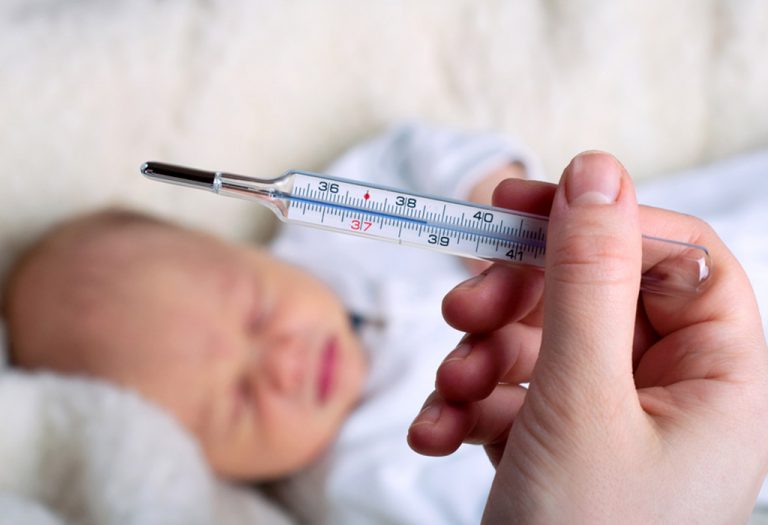
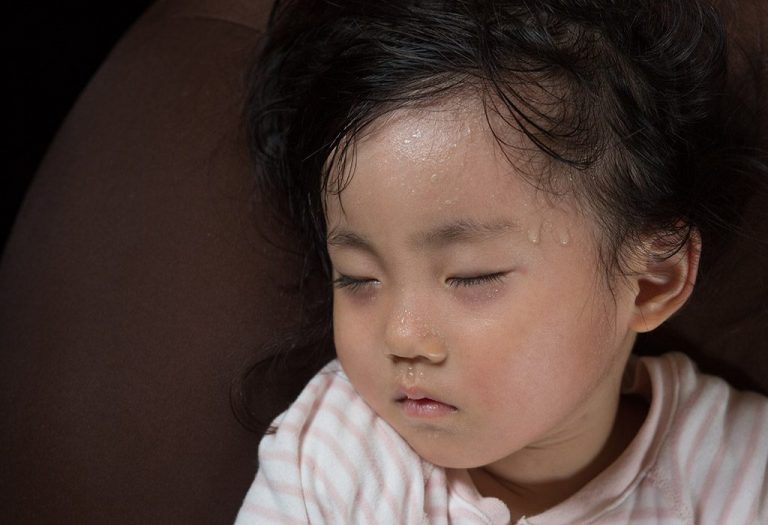

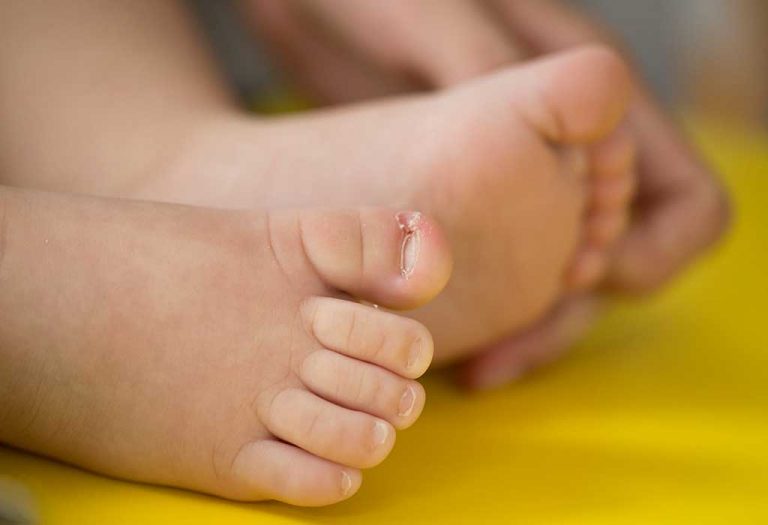
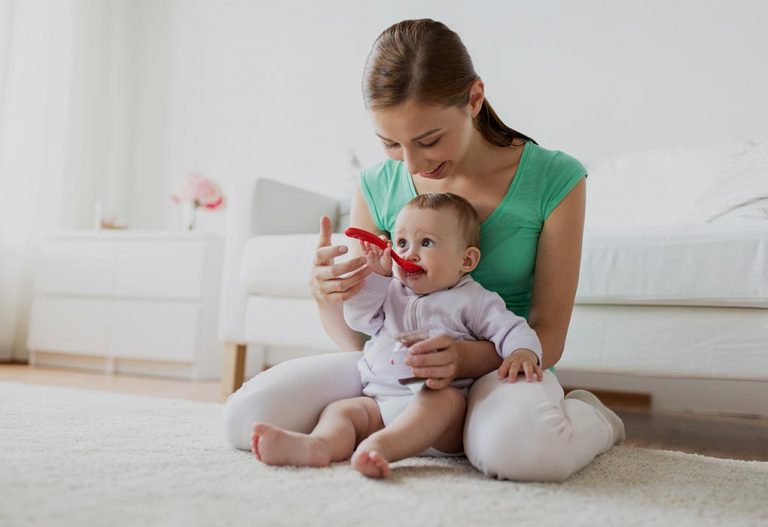


.svg)









